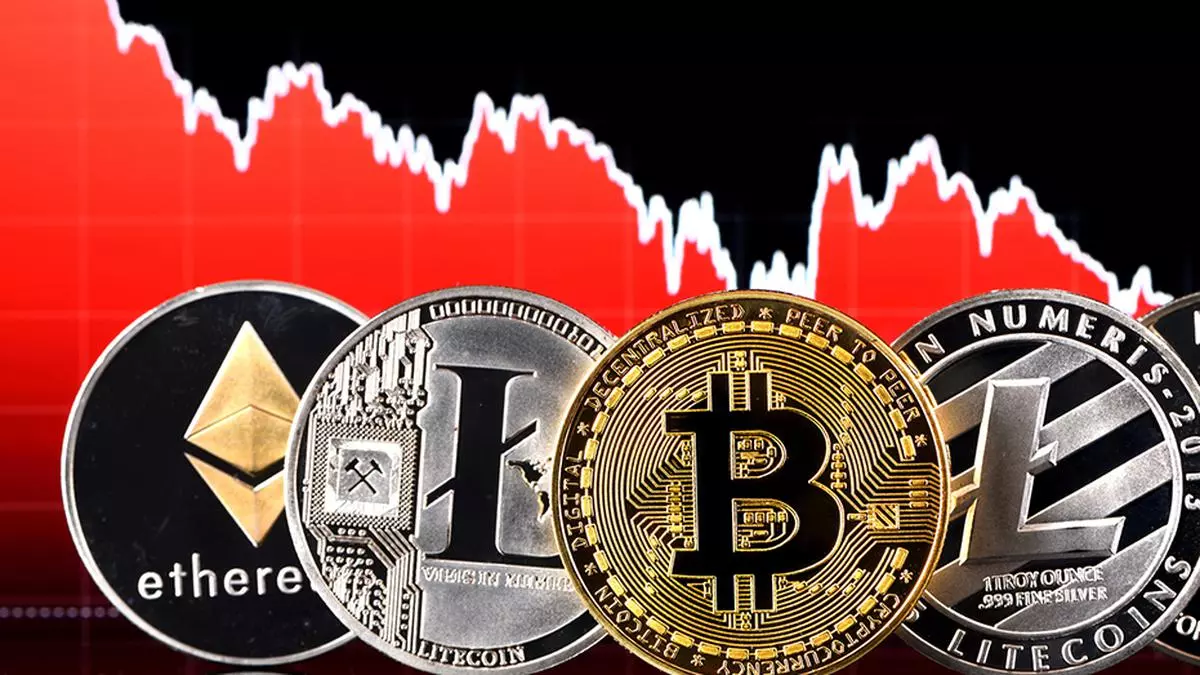Blanket bans on crypto can be technically demanding to enforce, warns IMF and FSB report
Blanket bans that make all crypto-asset activities — trading and mining — illegal can be costly and technically demanding to enforce, as the IMF and FSB’s Synthesis Paper on Crypto ahead of the G20 discussions noted.
The International Monetary Fund (IMF) and the Financial Stability Board (FSB) have released advanced policy and regulatory recommendations to identify and respond to macroeconomic and financial stability risks associated with crypto assets. Prior to the Leaders’ Summit on September 9-10, the report was presented to the G20 members and debated during the meeting of finance deputies in New Delhi.
Integrity risks
The report noted that blanket bans also tend to increase the incentives for circumvention due to the inherent borderless nature of crypto-assets, resulting in potentially heightened financial integrity risks and creating inefficiencies. Bans in one jurisdiction could also lead to activity migrating to other jurisdictions, creating spillover risks. A decision to ban is not an “easy option” and should be informed by an assessment of money laundering and terrorist financing (ML/TF) risks and other considerations, such as large capital outflows and other public policy aims.
It was also noted that the recommendation on “Digital Money” aims to develop a common framework and collect “test data” on digital money and crypto-assets used as a means of payment enabled by Fintech.
The recommendation, therefore, aims to expand macroeconomic statistics (both monetary and external-sector statistics) to cover crypto-assets, including stablecoins, The IMF leads the implementation of this recommendation with the BIS, ECB, and FSB. The expected outcome is to have, by Q4 2025, test estimates of flows and stocks of crypto-assets used as means of payment broken down by type, sector, and counterpart country, it noted.
Further outlining the risks and purported benefits presented by crypto-assets, the report noted that crypto-assets pose risks to macroeconomic and financial stability, as well as risks involving financial integrity, consumer and investor protection, and market integrity. In some instances, these risks are exacerbated by noncompliance with existing laws. Like other financial activities, these risks can interact with and reinforce each other.
The Indian crypto industry, after the release of the report, had a cheery reaction. Ashish Singhal, CEO of crypto exchange CoinSwitch, noted in a tweet, “The paper is a testimony to India’s leadership in driving a global consensus on crypto regulations and provides a clear policy roadmap for all countries to adopt.”
He further said that particularly noteworthy is the recommendation to regulate and supervise “licensed or registered” crypto-asset issuers and service providers; to support the functioning of capital flow measures, fiscal and tax policies, and financial integrity requirements; and to reduce data gaps.
